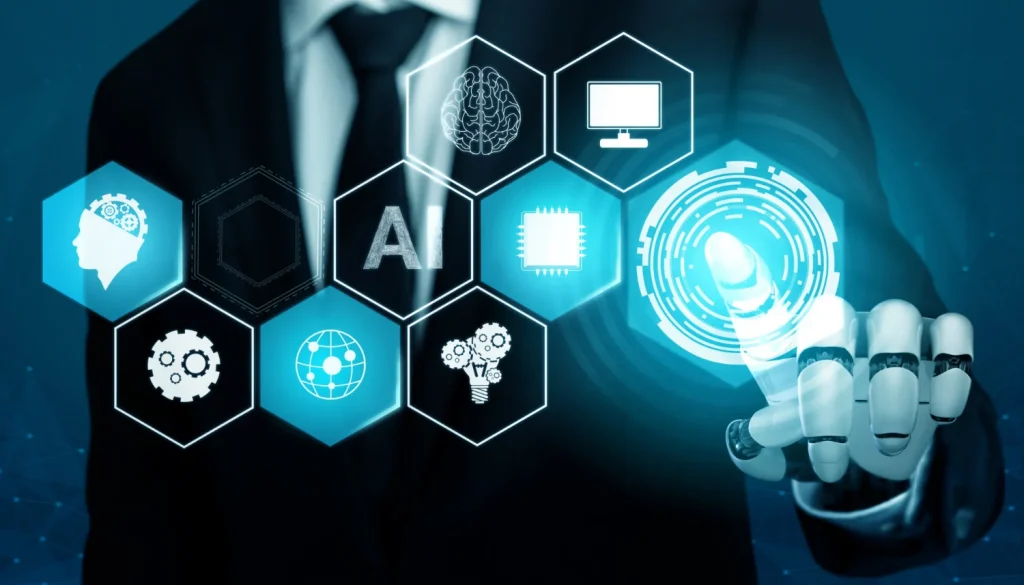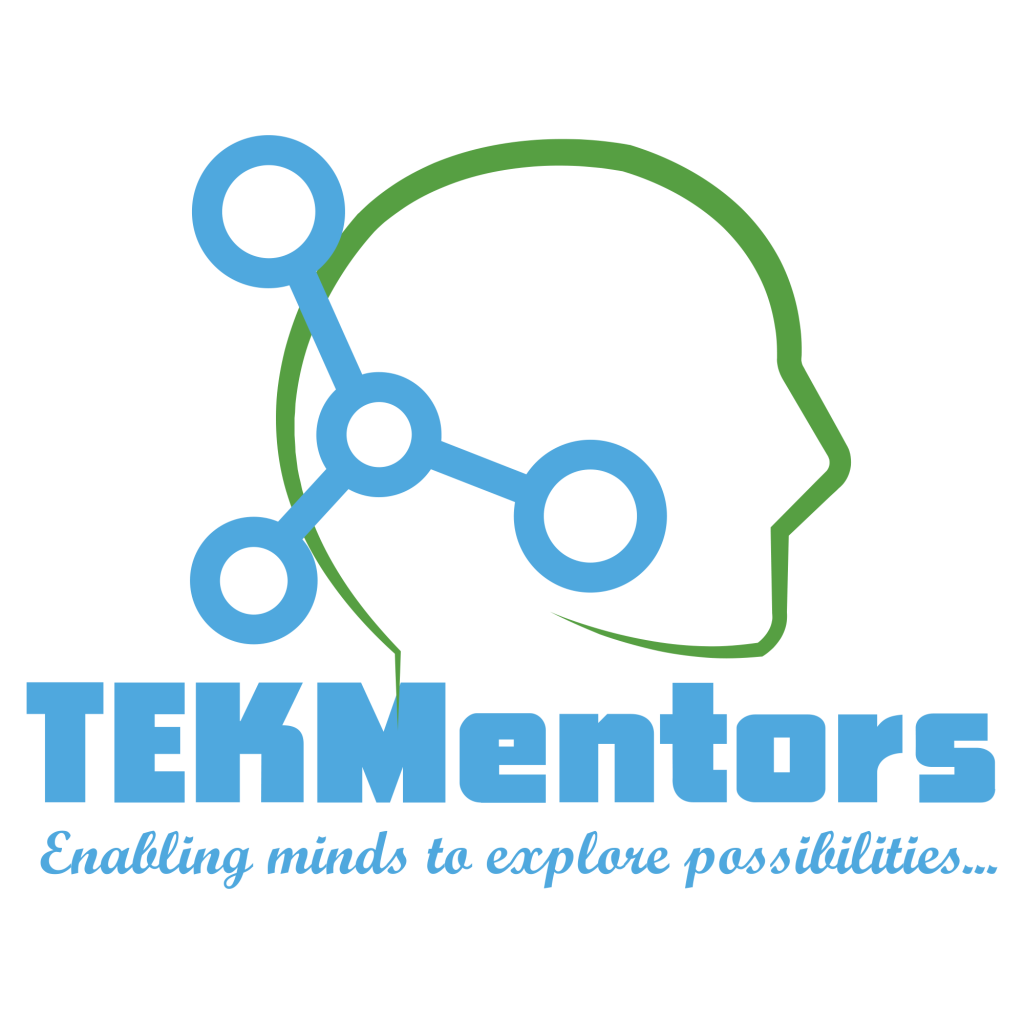GenAI Training Program
Course Overview
The GenAI program is designed to introduce GenAI to software developers . This course focuses on practical applications of AI-driven tools, enabling developers to enhance productivity, automate code generation, and build AI-powered applications.
This curriculum will cover foundational concepts, industry-leading AI models, and real-world implementations, integrating AI solutions into workflows. The ecosystem of GenAI tools and concepts needed for GenAI based development like RAG, CAG, VectorDB, Langchain etc would be covered.
The course will cover ethical AI usage, security considerations, and best practices for responsible AI development. While the course will cover the concepts of finetuning, creation of LLMs from scratch is outside the scope.

Comprehensive Curriculum
Module 1: Introduction to Generative AI
- Overview of AI and Machine Learning
- Evolution of Generative AI, Attention
- Key Concepts: NLP, Deep Learning, Transformers
- Applications of Generative AI in Software Development
Module 2: Foundations of Generative Models
- Neural Networks & Deep Learning Basics
- Introduction to Autoencoders and GANs
- Transformers & Attention Mechanism
- Large Language Models (LLMs): GPT, BERT, T5, Claude, Mistral
Module 3: Hands-on with Generative AI Tools
- OpenAI GPT (ChatGPT)
- Google Gemini AI
- Hugging Face Transformers
- LLM models on Cloud(AWS + Anthropic)
- LangChain and Prompt Engineering
Module 4: Generative AI for Code Generation
- AI-Powered Code Assistants (GitHub Copilot, Tabnine, Llama coder)
- AI for Code Refactoring & Debugging
- Automating Documentation with AI
- Best Practices & Limitations
Module 5: Building AI-Powered Applications
- Integrating Generative AI in Software Development
- Introduction to Langchain, RAG, CAG, chaining and output parsers
- Handling Long Contexts with Memory
- External datasources and using Vector Databases for Contextual Awareness
- Implementing RAG with LangChain and Vector Stores (FAISS, Pinecone, ChromaDB)
- Using APIs for AI-Generated Content
- Developing AI Chatbots & Virtual Assistants
- Case Studies: AI-Powered Apps
Module 6: Integrating External sources and AgenticAI
- Connecting LangChain to External APIs (Google Search, etc.)
- Introduction to concept of Agent
Module 7: Ethical Considerations & Challenges
- Bias & Fairness in Generative AI
- Data Privacy & Security Concerns
- AI Regulation & Compliance
- Responsible AI Development
Module 8: Advanced Topics & Future Trends
- Fine-tuning LLMs for Custom Applications
- Multi-modal AI (Text, Image, Audio)
- AI in DevOps & Automation
- Future of Generative AI in Software Engineering
Why Trust Us? Our Expertise & Accreditations
Our GenAI Training Program is designed by industry experts with hands-on experience in AI-driven development. We are partnered with leading tech organizations and hold accreditations in AI ethics and security, ensuring you receive cutting-edge, responsible AI training.
Program Overview
Master Generative AI for Development

What Sets Our Program Apart?
- Learn from AI practitioners, not just theorists.
- Ethics-first approach: Bias mitigation, privacy, and compliance.
- Hands-on labs with OpenAI, LangChain, and VectorDBs.
- Future-proof curriculum: Covers multi-modal AI, AgenticAI, and DevOps automation.
Ideal Participants: Who Should Enroll?
Software Developers
Automating code generation (GitHub Copilot, Llama coder).
AI Engineers
Building RAG apps, chatbots, and virtual assistants.
Tech Leads
Integrating AI into DevOps and workflows.
Data Scientists
Expanding into generative AI applications.
Prerequisites: Basic Python and software development experience.
Learn by Doing: Real-World Projects
Lab 1: Hands-on with Generative AI Tools
- Create OpenAI setup
- Create Langchain setup
Lab 2: Generative AI for Code Generation
- Configure Llama on IDE and show code generation, refactoring and documentation
Lab 3: Building AI-Powered Applications
- Simple demo for concepts of chaining, output parsers
- Create an app to use RAG and VectorDB
Lab 4: Automate workflows
- Create an app to automate a workflow
Flexible Learning
Duration
6–8 weeks (self-paced or instructor-led).
Mode
Live Online / On-Site / Hybrid.
Corporate Training
Customizable for teams.
Success Stories: Industry Transformations
Case Study 1: AI-Powered Code Refactoring
A fintech company reduced code review time by 40% using AI-assisted refactoring tools covered in this program.
Case Study 2: RAG for Customer Support
An e-commerce firm deployed a LangChain + VectorDB chatbot, cutting response times by 60%.
Skills You’ll Master: Program Outcomes
Automate coding
With AI assistants (GitHub Copilot, Llama).
Build RAG apps
Using LangChain and VectorDBs.
Engineer prompts
For GPT, Gemini, and Claude.
Develop ethical AI
Solutions with bias and privacy safeguards.
Deploy AI workflows
In DevOps and cloud environments.

